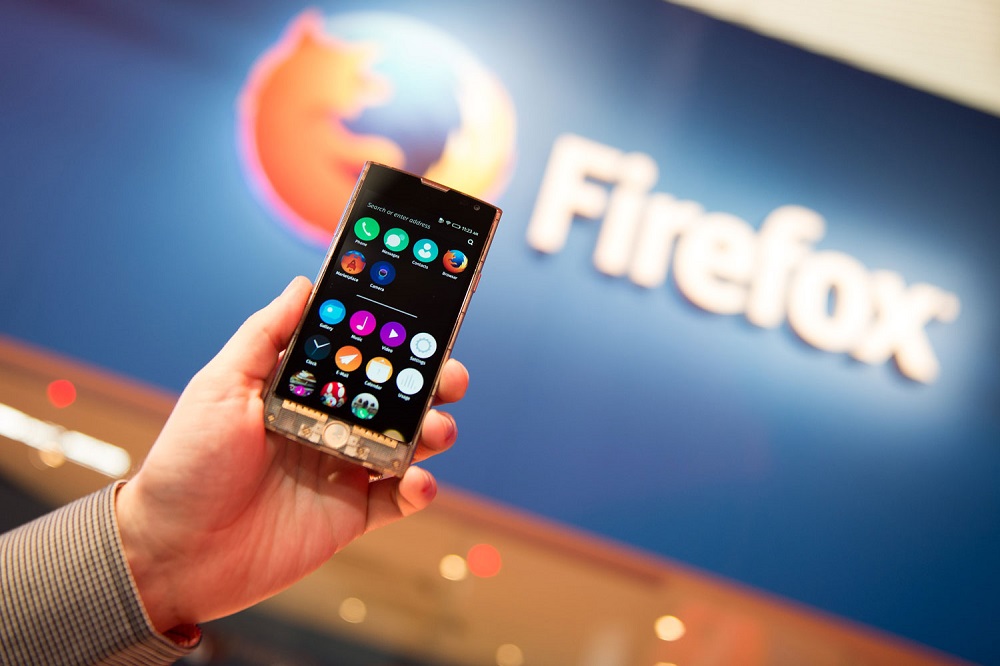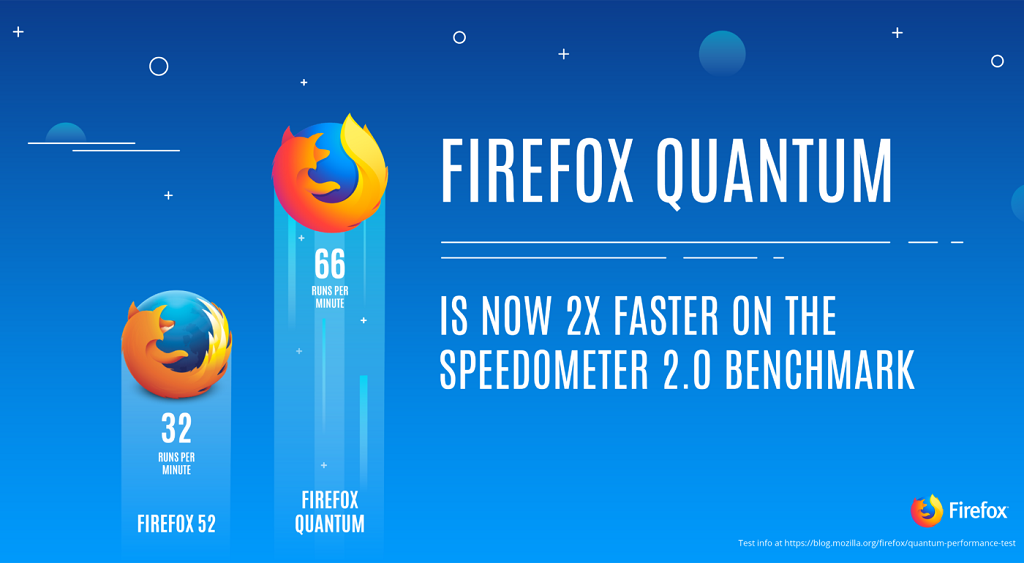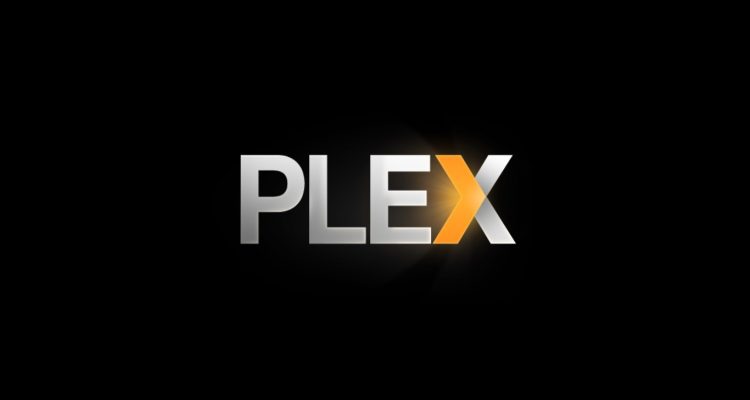Before we all switched to chrome, there was Firefox. And then it began misbehaving, and then it went slow, and so we switched to Chrome. Now, Firefox seems to be coming back from the dead that almost happened to it with the Firefox Quantum.
Released on Tuesday, this Mozilla Foundation’s browser comes with an emphasis on the performance better than what it used to be and better than most things.
See Also: Countries With Fastest Mobile Network Internet Connections in Africa: See Nigeria’s Spot
To achieve this, the company decided to design the browser differently from the way it used to by using less memory to offer so that it can allocate the number of processes Firefox uses on your computer based on the hardware that you have, Firefox Vice President for Product Nick Nguyen revealed.
More so, the Firefox Quantum doesn’t only come to give benefit only to those who are using laptops with the latest processors and RAM. Hence, even with cheaper laptops, the browser still affords that little push.
In fact, the new browser targets those with older PCs without leaving the new ones out. The thing with those using older PCs is that newer browsers in the market don’t favor them that much.
According to a principal analyst at the Enderle Group, “The current generation of advanced browsers are pretty resource-intensive, which slows down machines and creates lags that users find really annoying.”

Another interesting thing with the Firefox quantum is that the interphase has been redesigned in a different way from what used to be. The difference as far as I am concerned doesn’t bring much that is new to the table, but it is there.
Nevertheless, the interphase of the Quantum is said to be redesigned to meet modern needs and looks while not leaving performance out here as well.
According to Mark Mayo, senior vice president of Firefox, who revealed in a post that the project is called Photon has been done after the user research team studied how people browsed, hence it has been made after it “looked at real-world hardware to make Firefox look great on any display, and we made sure that Firefox looks and works like Firefox regardless of the device you’re using.”
The coming of the Firefox Quantum was in an attempt to maintain the browser’s market which has kept draining off over the years as a result of poor developments and stiff competition.
See Also: Somalia internet outage: country loses 10 million dollars each day
As the browser market stands at the moment, Chrome controls the market with as much as 47 percent of the market among those using desktops while Microsoft Internet Explorer comes behind with 12.52 percent of the market and the once front-runner, Firefox comes a way behind with only 6.53 percent of the market.
While for now, this seems a good challenge for chrome, it still remains to be seen how it will be able to hold it as the competition moves to the next stage of gaining back the trust and acceptance of users.














